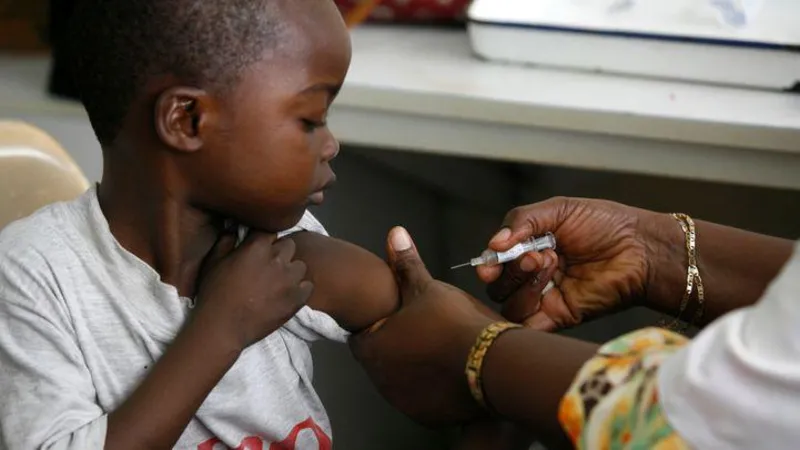Editor
Amid the consistent crashing of the Naira against the US Dollar in the parallel market, the Central Bank of Nigeria (CBN) on Friday rolled out stringent measures aimed at curtailing the free fall of the naira.
In the new guideline, the apex bank disclosed the share capital of Bureau De Change operators would likely be raised to N2bn and N500m for Tier 1 and Tier 2 licences.
The CBN is taking this step as part of measures to tackle the forex crisis in the country.
The new set of guidelines to all BDC operators and stakeholders in the financial sectors was released by the Financial Policy and Regulation Department of CBN.
Africa Health Report checks pointed out that the naira had depreciated to an all-time low of N2,000 against the dollar as the economic crisis in the country took a worse turn.
In the new guideline, the CBN excluded governments, commercial banks, merchant banks, Other Financial Institutions, OFIs , public officers among other parties from owning Bureau De Change (BDCs) directly or indirectly.
In its Guidelines for the operations of BDCs in Nigeria, the apex bank noted that no person is permitted to carry on the business of BDC in Nigeria without its authorization.
Further checks by Africa Health Report showed that the currency operators were previously charged N35m for a general licence.
The new rule was contained in the draft paper of a “Revised Regulatory And Supervisory Guidelines For Bureau De Change Operations In Nigeria” published by the apex bank on Friday.
The new guidelines contain several new changes to the guidelines for BDC operations in the country and if endorsed will be effective at a date decided by the CBN.
Recently, operations of the currency operators have suffered heavy backlash following the free fall of the naira against the dollar.
The Federal Government and CBN have severely blamed the black market operators for this fall though liquidity remains a huge challenge.
During the week, operatives of the Economic and Financial Crimes Commision EFCC, arrested over 250 BDC operators in Abuja and many more in other states of the federation.
The National Security Adviser, Mallam Nuhu Ribadu, had ordered the Economic and Financial Crimes Commission (EFCC), Department of State Services (DSS) and other security agencies to crack down on currency speculators in the forex market.
This led to raids on BDCs in different parts of the country and the arrest of some illegal operators.
The guidelines are stated in details thus:
– Non-Eligible Promoters: Entities like banks, government agencies, NGOs are not allowed to have ownership stake in BDCs.
– Permissible Activities: BDCs can buy and sell foreign currencies, issue prepaid cards, serve as cash points for money transfer operators etc. They cannot take deposits, grant loans, deal in gold or engage in capital market activities.
– Sources of Foreign Currencies: BDCs can source forex from authorized dealers, travellers, hotels, embassies etc. Large transactions above $10,000 require declaration of source.
– Sale of Foreign Currencies: BDCs can sell forex for travel, medical bills, school fees etc up to specified limits per customer annually. At least 75% of sale must be via transfer, 25% can be cash.
– Categories of BDCs: There are 2 tiers of BDCs – Tier 1 with national presence, branches and franchises; Tier 2 restricted to 1 state with max 3 locations.
– Operations: Must verify customer identity, keep transaction records, connect to CBN systems, display rates clearly etc.
– Supervision: Specified regulatory returns must be rendered, records available for inspection, compliance with guidelines required.
– Franchising Standards: Standards specified for Tier 1 BDCs appointing franchises regarding policy, monitoring, branding etc.
– Prudential Requirements: Specified limits on open position, fixed assets, borrowings, dividend payment etc.
– AML/CFT Requirements: Must comply with AML/CFT regulations on policies, monitoring, reporting etc.

